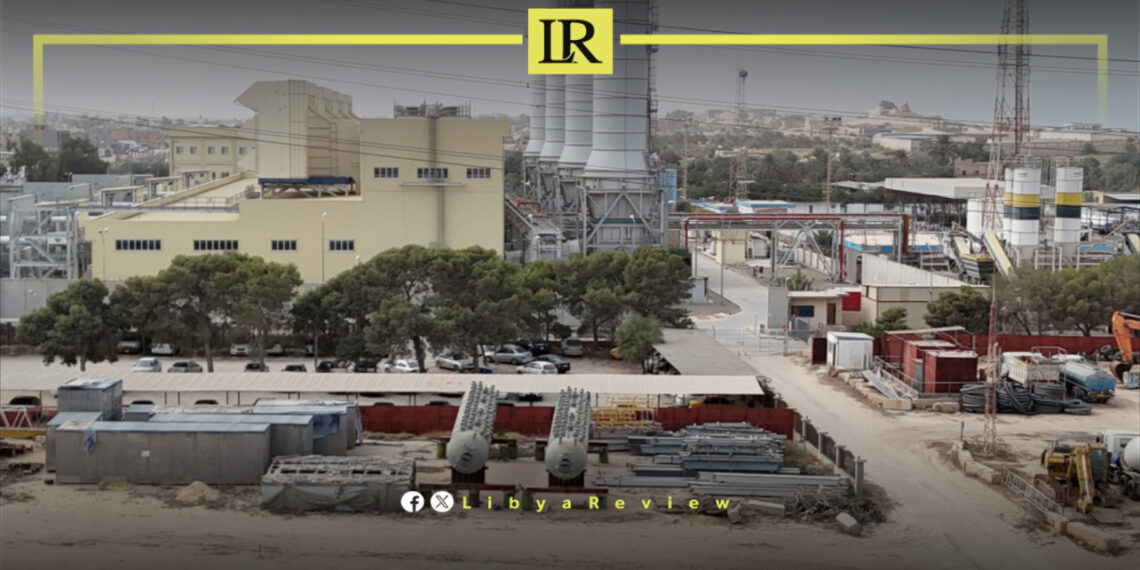The General Electricity Company of Libya (GECOL) announced on Thursday that South Korean company Hyundai has resumed work on the West Tripoli Steam Power Plant project.
According to GECOL’s statement, the project consists of four units with a total production capacity of 1,400 megawatts. The company noted that the project had been stalled for over a decade. Once completed, it is expected to significantly stabilize the national electricity grid across Libya.
The statement also revealed that most of the equipment and materials for the project have already been delivered, and implementation is set to begin immediately. This project is part of GECOL’s broader strategy to enhance production capacity and ensure greater stability for the national power grid.
Libya has been in chaos since a NATO-backed uprising toppled longtime leader Muammar Gaddafi in 2011. The county has for years been split between rival administrations.
Libya’s economy, heavily reliant on oil, has suffered due to the ongoing conflict. The instability has led to fluctuations in oil production and prices, impacting the global oil market and Libya’s economy.
The conflict has led to a significant humanitarian crisis in Libya, with thousands of people killed, and many more displaced. Migrants and refugees using Libya as a transit point to Europe have also faced dire conditions.
The planned elections for December 2021 were delayed due to disagreements over election laws and the eligibility of certain candidates. This delay has raised concerns about the feasibility of a peaceful political transition.
Despite the ceasefire, security remains a significant concern with sporadic fighting and the presence of mercenaries and foreign fighters. The unification of the military and the removal of foreign forces are crucial challenges.


